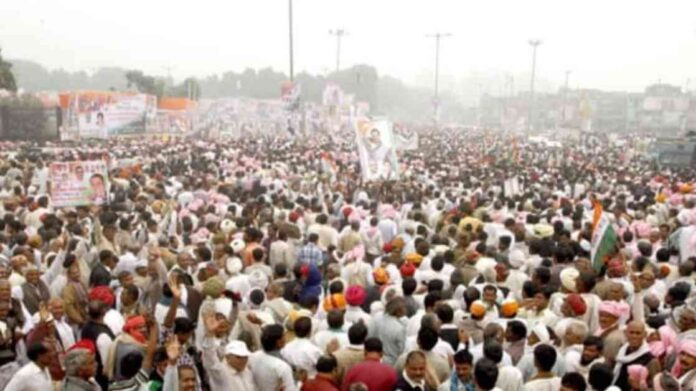President Donald Trump, at a Cabinet meeting in the White House, talked about the potential impact of his tariffs on American consumers. He mentioned that due to the tariffs, there could be fewer products available in the U.S., leading to higher prices. Trump even gave an example of American kids having to settle for just two dolls instead of their usual 30, maybe paying a couple of extra bucks for each doll. He seemed unconcerned about this outcome, focusing instead on the belief that China would suffer more from the trade war.
The discussion centered around China’s trade surplus with the U.S., with Trump emphasizing the challenges China is facing because of the tariffs. He mentioned that many of the goods coming from China were not essential, indicating that the U.S. could do without them. However, concerns have been raised by U.S. retailers about the potential impact of these tariffs on the availability and pricing of goods, especially as the holiday season approaches.
The issue of trade between the U.S. and China has been a major point of contention, with several rounds of tariffs being imposed by the Trump administration. The president, when asked about talks with Chinese leader Xi Jinping to resolve the trade conflict, did not provide a direct answer. The ongoing trade war has raised fears of scarcity and higher prices for consumers, with businesses expressing the need for more time to adjust their manufacturing processes.
Trump has been quick to attribute any economic challenges to his predecessor, Joe Biden. The recent report showing a decline in the U.S. economy in the first quarter of the year was met with criticism from Trump, who attempted to shift the blame to Biden. He pointed to the stock market’s response to the GDP report as evidence of Biden’s impact, despite being in office for only a short time.
As Trump celebrates his first 100 days in office, he continues to push his economic agenda, which includes trade policies aimed at boosting domestic investments. However, there are conflicting messages coming from the administration, with Trump trying to take credit for positive developments while dismissing concerns raised by economic data.
The discussion also touched on the role of tariffs in driving investments in the U.S. Trump highlighted the case of a Taiwanese company opening factories in Arizona, attributing their decision to the tariffs imposed by his administration. However, the timeline of the investments suggests that some of the key decisions were made during Biden’s term in office, raising questions about the true impact of the tariffs.
Despite concerns about inflation and the potential negative consequences of the trade war, Trump remains optimistic about the future. He believes that the tariffs are necessary to protect American interests and that the economy will ultimately benefit from these measures. Democrats, however, have raised doubts about the effectiveness of Trump’s policies, pointing to the recent decline in economic growth as evidence of his mismanagement.
Overall, the debate over tariffs, trade, and economic policy continues to dominate the political landscape, with both supporters and critics of the administration presenting contrasting views. As the U.S. economy faces challenges, the role of tariffs and trade agreements in shaping its future remains a contentious issue.

















